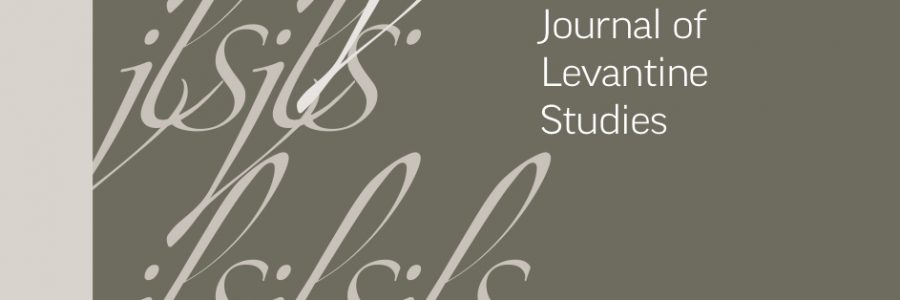-
Add to cartQuick view
Islamic Legal Hybridity and Patriarchal Liberalism in the Shari’a Courts in Israel
The civil judicial family law system and the shari‘a courts in Israel are a fascinating site for the study of legal hybridity, particularly with regard to cases involving the legal and religious rights of women. Legal hybridity is found both in the shari‘a courts, even when ruling on cases that are under their exclusive jurisdiction, and in the family courts that apply provisions of Islamic and Israeli law. In this article, I examine as a case study of the problem of appointing a woman as arbitrator between quarelling spouses in the shari‘a court arbitration process. This example shows how a shari‘a court operates under pressure from the secular civil judicial system. It is discernible how a system of legal hybridity gives rise to multiple discourses deriving from different normative systems and various players—such as human rights organizations, Islamic feminist movements, secular feminist movements, and the Israel Supreme Court—seeking to navigate the discourse in pursuit of their interests. My central thesis is that this system of legal hybridity is enhancing a patriarchal liberalism that is filled with obstacles and hurdles preventing full equality.
$5.00Free!Add to cartQuick view -
Add to cartQuick view
Terrorist and Refugee in the Mediterranean—A European Dilemma
Free!The migration crisis in Europe that coincided with a wave of terrorist attacks attributed to ISIS has exacerbated the dilemma between the desire of states to secure their territory and the European tradition of open borders and inclusion. European states have redefined both their migration policies and security measures in a climate of crisis and emergency that does not accurately reflect either the issues that have contributed to the current instability or the long-term nature of the terrorist threat. Instead, a systematic conflation is created between terrorism and migration by a number of states in the Mediterranean region. The aim here is to identify this conflation and show how it is manifested in the juxtaposition of exclusion and crisis narratives and the adoption of legal measures that overlap both security and migration. The article introduces preliminary findings on the topic and forms the basis for further research that might provide answers for states and for the EU as an organization that will address security agendas and migration policies within the framework of the European human rights tradition. Focusing on counterterrorism and migration measures and using policies and official statements by government officials, the article examines the links and influences between them.
Add to cartQuick view
- Home
- About JLS
- Issues
- Vol. 9 No. 1 | Summer 2019
- Vol 8 No 2 Winter 2018
- Vol. 8, No. 1: Summer 2018
- Vol. 7, No. 2: Winter 2017
- Vol. 7, 1: Summer 2017
- Vol. 6, Summer/Winter 2016
- Vol. 5, No. 2 Winter 2015
- Vol. 5, No. 1 Summer 2015
- Vol. 4, No. 2 Winter 2014
- Vol. 4, No. 1 Summer 2014
- Vol. 3, No. 2 Winter 2013
- Vol. 3, No. 1 Summer 2013
- Vol. 2, No. 2 Winter 2012
- Vol. 2, No. 1 Summer 2012
- Vol. 1, No. 2 Winter 2011
- Vol. 1, No. 1 Summer 2011
- Blog
- dock-uments
- Subscribe
- Submit
- Contact


